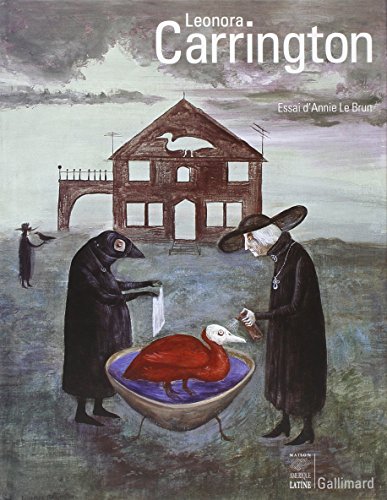
The nuclear football. (Credit: Jamie Chung / Smithsonian Institute Magazine)
Retired Admiral James Stavridis, former NATO Supreme Allied Commander Europe and now Dean of the Fletcher School of Law and Diplomacy at Tufts University, said on the second day of this new year that the US is closer to a “full-on war” with North Korea than at any time before in his four-decade career. The chance of war, he thinks, is about 20%, which means there is still a 70-80% chance that diplomacy can work out the nuclear crisis.
Is this good news or bad? Maybe both.
Expressing the chances of nuclear war in statistical terms makes the Admiral’s estimate sound more precise, and perhaps more comforting, than it can or should be. More significant than his 20% forecast is his qualitative judgment that we are getting closer to war. Playing with nuclear matches is hazardous at best.
Still, Stavridis sees a significant chance for a diplomatic solution, but that assumes both sides are willing and able to pursue diplomacy.
Certainly, the prevailing discourse on the US side is not diplomatic. In response to Kim Jong-un’s New Year’s Day statement that he has a nuclear button on his desk, the US president retorted that his nuclear button is “much bigger and more powerful.” Trump claims his pressure on North Korea is having a big impact, forcing Kim Jong-un to back down. Trump’s critics are saying many things to the contrary, noting the Freudian overtones of Trump’s outburst and calling his hyperbolic rhetoric bizarre, petulant, and dangerously infantile.
David Ignatius reported, back on December 19, that there is no sense of urgency to negotiate on the North Korean side. They are playing for time to conduct more missile and nuclear tests to demonstrate they can strike the US mainland. They apparently want to bargain from a position of maximum strength, which puts North Korea on “a potential collision course” with the US. The exit ramp from the crisis is narrowing. When you are on the brink of conflict, Ignatius warns, “you never know just where the edge of the cliff may be.”
The discourse of nuclear brinksmanship may even have been operating within a three-month window, reports the Guardian’s Mark Seddon, less than two months of which remain before a March deadline. Apparently, the CIA has informed Trump that North Korea will have the capability to hit the US mainline by then. The implication seems to be a strong possibility of the US launching a preventative strike.
Clearly, as Eugene Robinson editorialized on January 1, 2018, “we need to change the way we talk about North Korea.” His hope for the New Year is that the US doesn’t “bluster and blunder its way into a tragic, needless war.” He worries about the administration’s “increasingly apocalyptic rhetoric.” Robinson’s modest proposal is that the US administration should reframe the North Korean situation “as a threat to be ameliorated and stop speaking in terms that should be reserved for a full-blown crisis. A threat can be dealt with over time. A crisis, however, requires urgent action.” The time has arrived to “lower the temperature and begin talking in reasonable terms about achievable goals.”
How’s that for a New Year’s resolution?
RLI
Advertisements Share this:- More





